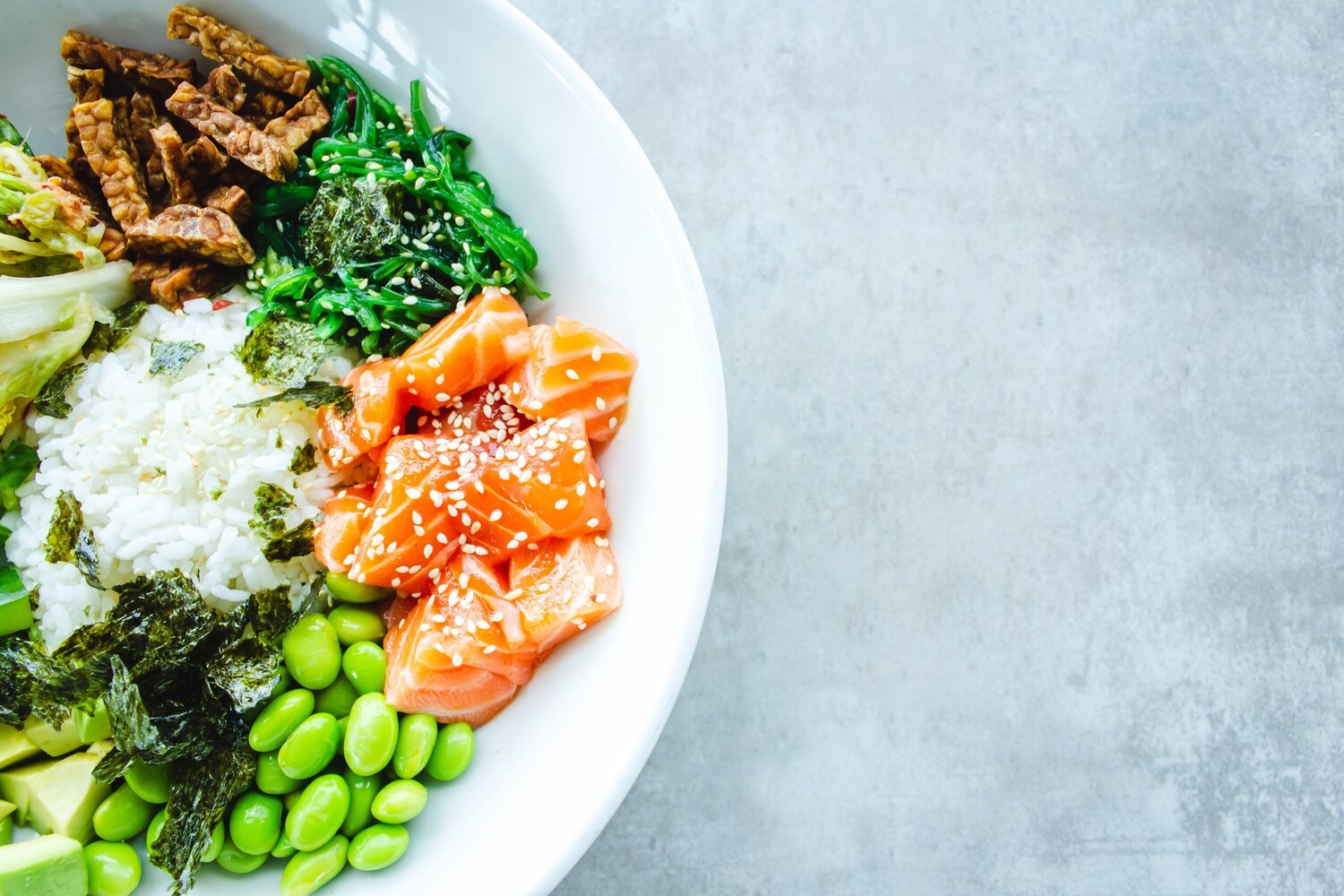Fueling the Body: The Best Foods for Health & Energy
Today, we explore how proper nutrition can optimize health and energy. Mitochondria are essential for producing the energy that powers every cell in your body, playing a crucial role in overall health, vitality, and performance. By understanding the key nutrients that fuel these vital organelles, you can make informed dietary choices that enhance your wellbeing and supercharge your performance.
What Are Mitochondria?
Mitochondria are small organelles found in nearly every cell of the human body. Often referred to as the "powerhouse of the cell," mitochondria are responsible for producing adenosine triphosphate (ATP), the primary energy currency of the cell. This energy is essential for fueling all cellular activities, from muscle contraction and brain function to cell repair and regeneration.
Importance of Mitochondrial Health
The health of your mitochondria directly impacts your overall wellness and performance. When mitochondria function optimally, they efficiently produce ATP, ensuring that your cells have the energy they need to perform their tasks. This leads to improved physical performance, mental clarity, and overall health.
Key Nutrients for Mitochondrial Health
Proper nutrition is fundamental to maintaining healthy mitochondria. Certain nutrients play a pivotal role in protecting these organelles from damage and enhancing their function. Here are the key nutrients essential for mitochondrial health and the foods that are rich in these nutrients:
Antioxidants
Antioxidants protect mitochondria from oxidative stress by neutralizing free radicals, which can damage cellular structures and impair function.
Sources:
Berries: Blueberries, strawberries, and raspberries.
Nuts: Almonds, walnuts, and pecans.
Dark Leafy Greens: Spinach, kale, and Swiss chard.
Coenzyme Q10 (CoQ10)
CoQ10 is a critical component of the mitochondrial electron transport chain, essential for ATP production. It also functions as an antioxidant.
Sources:
Fatty Fish: Salmon, mackerel, and sardines.
Poultry and Eggs
Pyrroloquinoline Quinone (PQQ)
PQQ promotes mitochondrial biogenesis, the process by which new mitochondria are formed, enhancing cellular energy production and function.
Sources:
Spinach
Soybeans
Kiwi
Green Tea
Glutathione (GSH)
Glutathione is a powerful antioxidant produced by the body that helps protect mitochondria from oxidative damage.
Sources:
Avocados
Asparagus
Okra
SpinachHealthy Fats
Omega-3 Fatty Acids
Omega-3s help reduce inflammation and support mitochondrial membranes, ensuring they function properly.
Sources:
Flaxseed
Chia Seeds
Walnuts
Salmon and Mackerel
Vitamins and Minerals
B Vitamins
B vitamins (B1, B2, B3, B5, B6, B7, B9) are crucial for mitochondrial energy production and overall cellular function.
Sources:
Whole Grains: Brown rice, oats, and barley.
Poultry and Fish: Chicken, turkey, and fish like tuna.
Fresh Vegetables: Leafy greens, legumes, and cruciferous vegetables.
Vitamin C
Vitamin C supports mitochondrial function by protecting cells from oxidative stress.
Sources:
Citrus Fruits: Oranges, lemons, and grapefruit
Strawberries
Bell Peppers: Particularly red and yellow peppers
Vitamin E
Vitamin E acts as an antioxidant, protecting mitochondria from oxidative damage.
Sources:
Nuts: Almonds, hazelnuts, and walnuts
Seeds: Sunflower seeds and pumpkin seeds
Green Leafy Vegetables: Spinach and broccoli
Practical Tips for a Mitochondria-Friendly Diet
Now that we have explored the key nutrients and beneficial foods for mitochondrial health, let's look at some practical tips to incorporate these into your daily diet:
Variety and Balance: Aim for a balanced diet rich in whole, unprocessed foods. Include a colorful array of fruits and vegetables to ensure a diverse intake of phytochemicals and polyphenols.
Meal Planning: Plan your meals to include sources of antioxidants, CoQ10, PQQ, glutathione, omega-3 fatty acids, and essential vitamins and minerals. For example, a spinach and avocado salad with a side of salmon can provide a combination of these nutrients.
Healthy Eating Habits: Avoid highly processed foods and focus on nutrient-dense options. Prioritize whole grains, lean proteins, healthy fats, and plenty of fruits and vegetables.
By making small, consistent changes to your diet and focusing on foods that support mitochondrial health, you can enhance your energy levels, improve your overall health, and promote long-term wellness.
Example Meal Plan for a Day
Breakfast
Spinach and Avocado Smoothie
1 cup spinach
1/2 avocado
1 kiwi
1/2 cup strawberries
1 tablespoon chia seeds
1 cup unsweetened almond milk
1 tablespoon flaxseed
Blend all ingredients until smooth.
Side:
1 handful of almonds
Mid-Morning Snack
Berry Nut Mix
1/2 cup blueberries
1/2 cup raspberries
1/4 cup walnuts
Lunch
Grilled Salmon Salad
4 oz grilled salmon
2 cups mixed leafy greens (spinach, kale, Swiss chard)
1/2 avocado, sliced
1/2 cup cherry tomatoes
1/4 cup bell peppers (red and yellow), sliced
1 tablespoon pumpkin seeds
Dressing: 1 tablespoon olive oil, 1 tablespoon lemon juice, salt, and pepper to taste
Afternoon Snack
Green Tea and Dark Chocolate
1 cup green tea
1 ounce of dark chocolate (70% cocoa or higher)
Dinner
Baked Chicken with Roasted Vegetables
4 oz baked chicken breast
1 cup broccoli florets
1 cup Brussels sprouts, halved
1 cup carrot slices
1 tablespoon olive oil
Salt and pepper to taste
Toss vegetables in olive oil, salt, and pepper, and roast at 400°F for 20-25 minutes.
Side:
1/2 cup lentils, cooked and seasoned with herbs and spices
Evening Snack
Warm Lemon Water with Honey
1 cup warm water
Juice of 1/2 lemon
1 teaspoon honey
Mix and enjoy.

